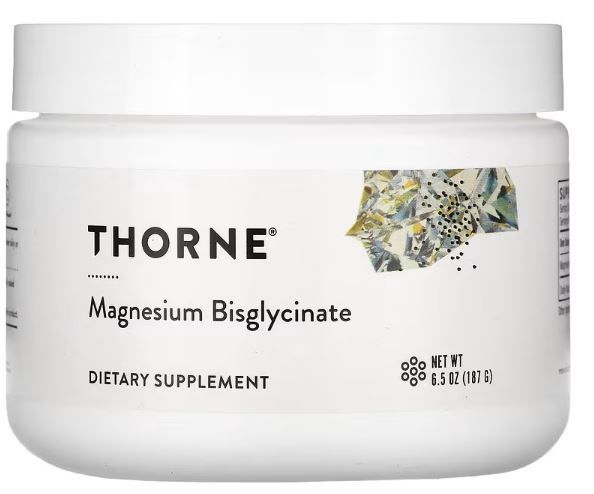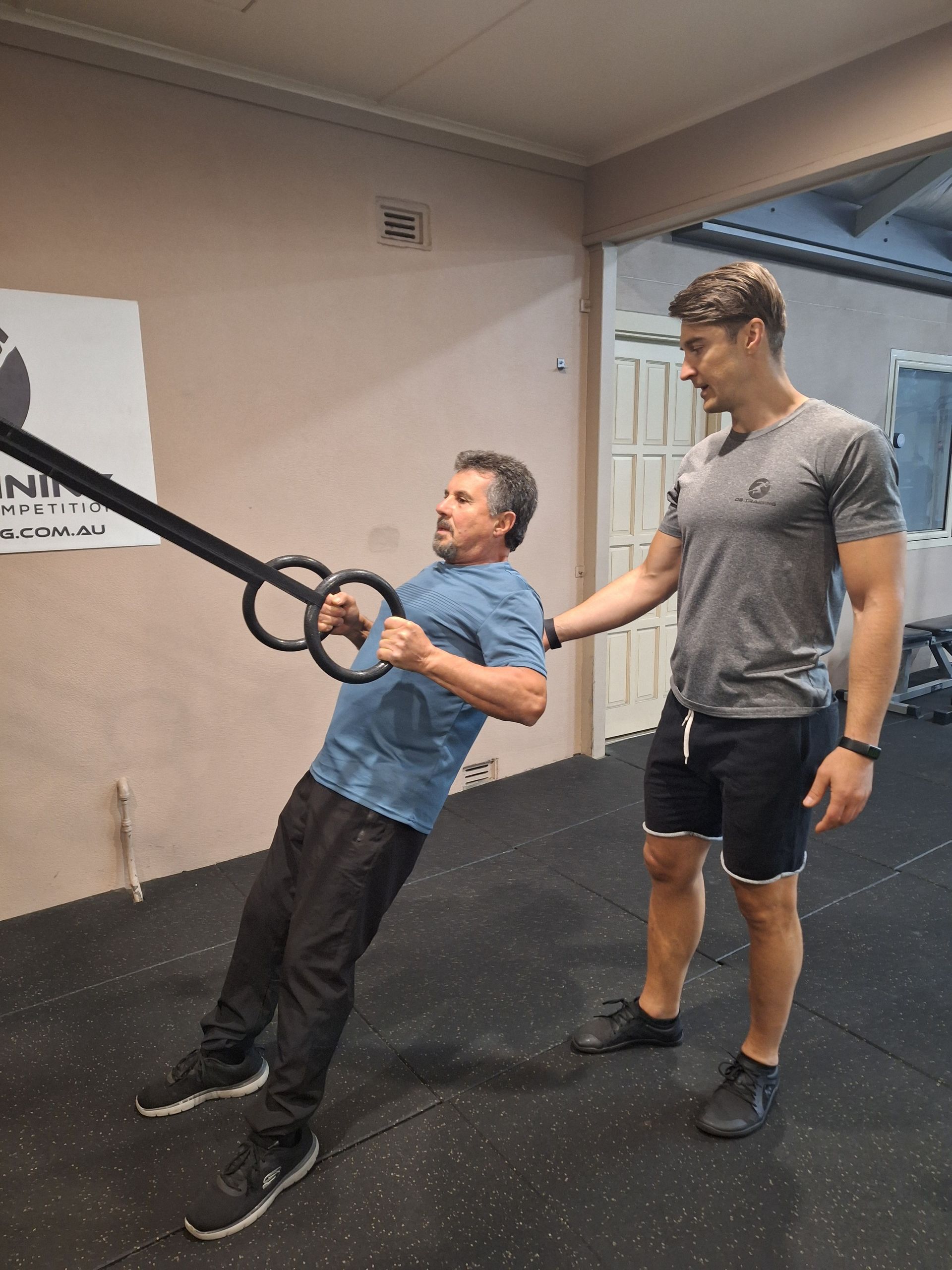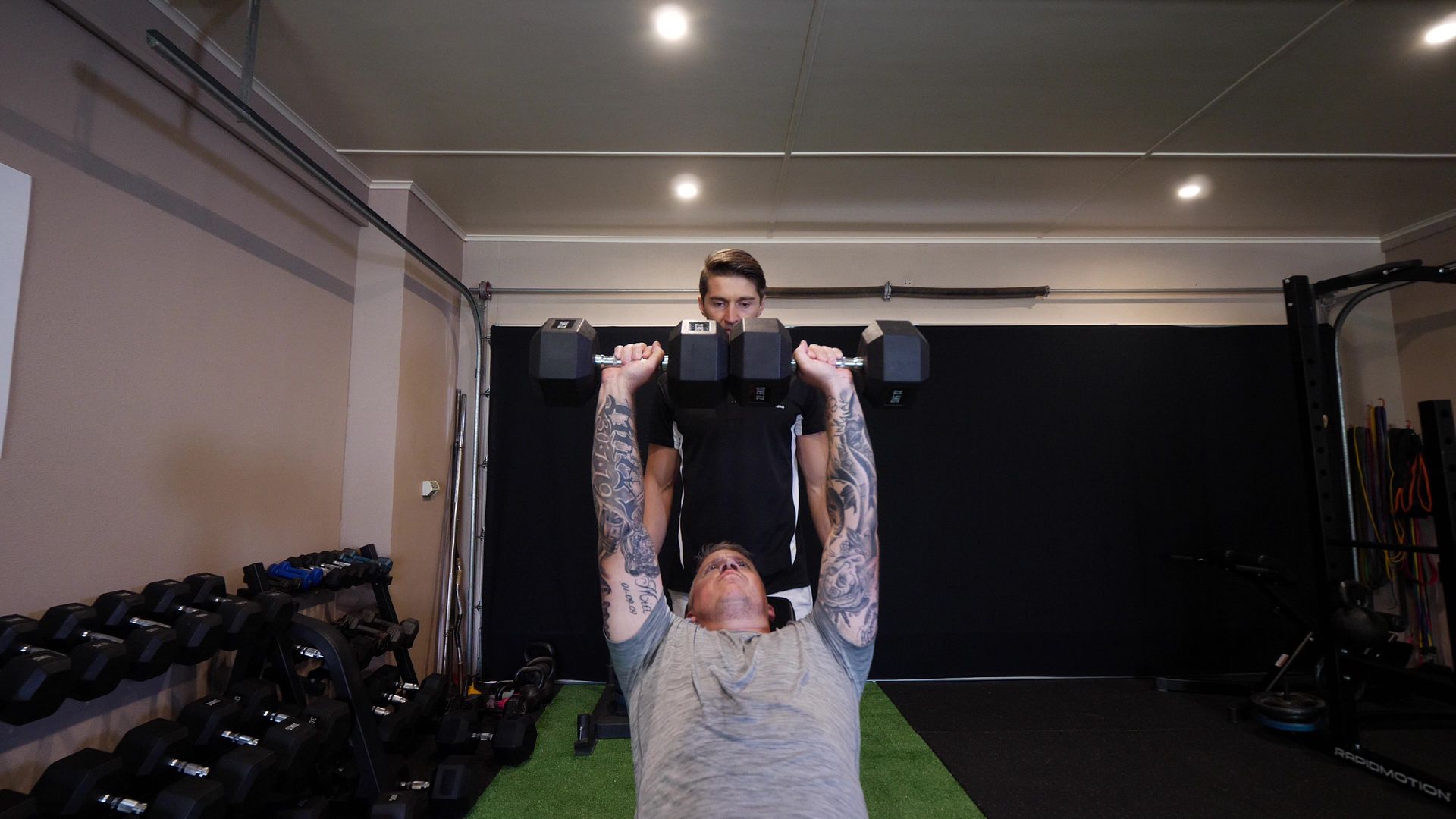In addition to incorporating these foods, I take a powdered supplement in the evenings. I use Thorne Magnesium Bisglycinate, which I find tastes great, is easy to consume, and works well for me. I also give the kids the supplement 1-2 times a week, with half a scoop each.
Incorporating magnesium into your daily routine can lead to significant health benefits, including better sleep, improved mood, and enhanced overall well-being. Prioritising this essential mineral can make a noticeable difference in your daily life and long-term health.









